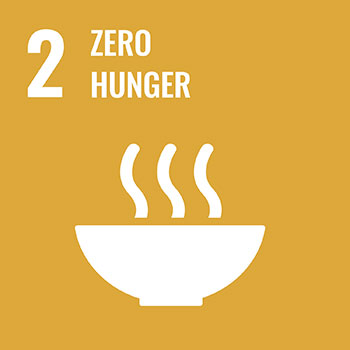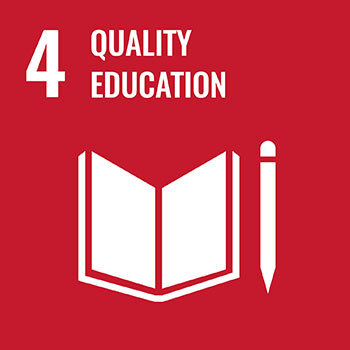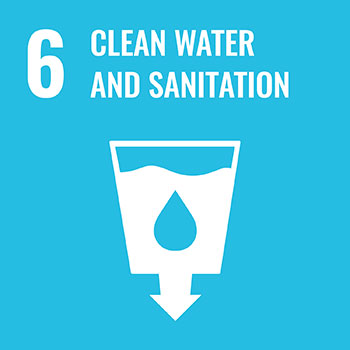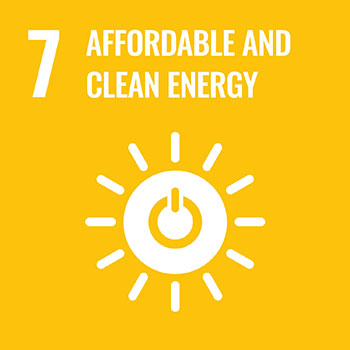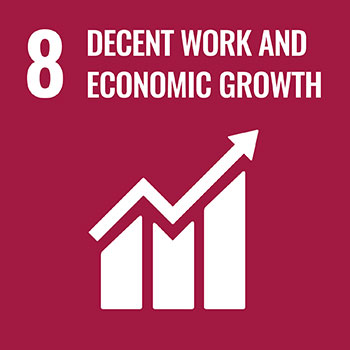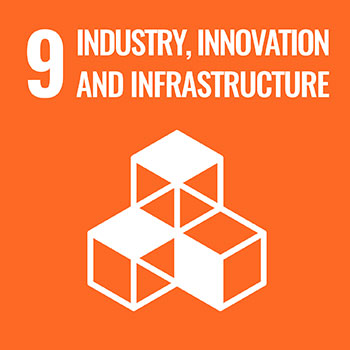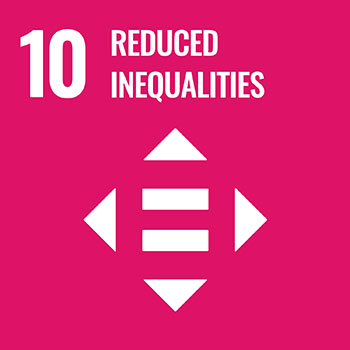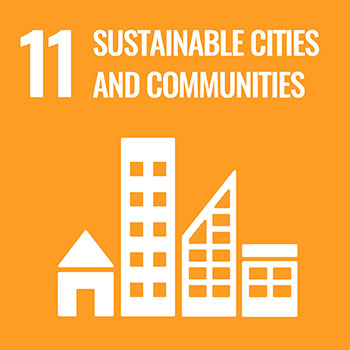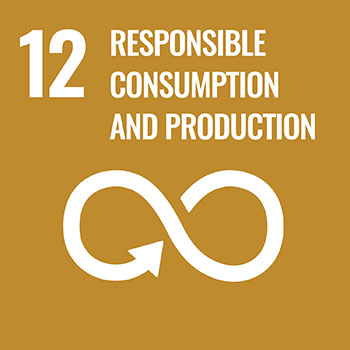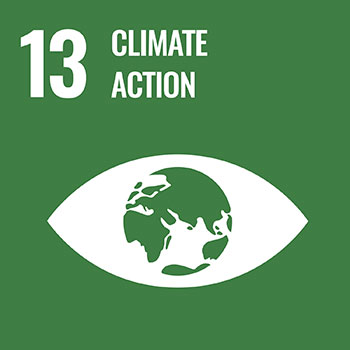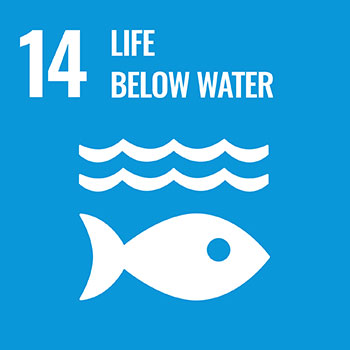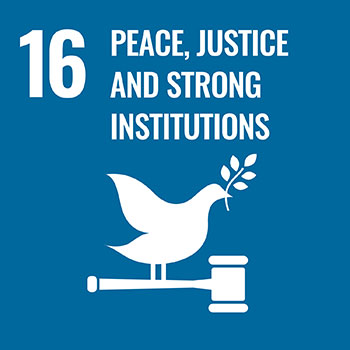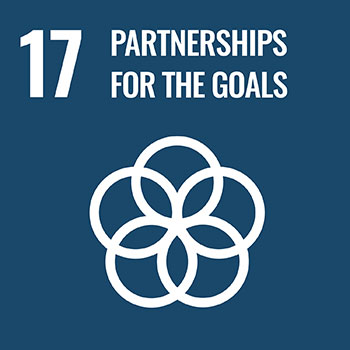Search for academic programs, residence, tours and events and more.
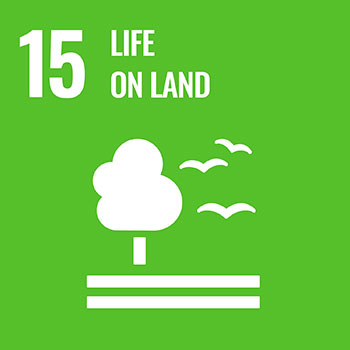
Protect, restore and promote sustainable use of terrestrial ecosystems, sustainably manage forests, combat desertification, and halt and reverse land degradation and halt biodiversity loss.
By aligning its efforts with the targets of SDG 15, Wilfrid Laurier University not only contributes to the preservation of terrestrial ecosystems but also instills a sense of environmental responsibility in our community and serves as a model for sustainable practices in higher education.
The work that Laurier completed in 2024 to advance SDG 15.
Wilfrid Laurier University won gold at the 2024 QS Reimagine Education Awards, chosen as the top submission from Canada and the U.S. across all 18 categories. Laurier was recognized for providing impactful experiential learning opportunities as part of its long-time research partnership with the Government of the Northwest Territories (GNWT), which sees students work alongside community partners to tackle the effects of climate change on northern ecosystems and well-being.
The Weston Family Foundation is honouring eight Wilfrid Laurier University graduate and postdoctoral researchers with 2024 Weston Family Awards in Northern Research. Weston Family Northern Scholars are encouraged to co-design their research with northern communities, with the goal of protecting and restoring biodiversity in Canada.
Wilfrid Laurier University hosted a leading expert in the field of biodiversity conservation for the 2024 Anne Innis Dagg lecture. Wildlife biologist Justina Ray, president and senior scientist of Wildlife Conservation Society Canada since its incorporation in 2004, presented “A Personal Perspective on the Promises and Perils of the Single-Species Approach for Addressing Biodiversity Loss”.
Laurier's Jennifer Baltzer, Canada Research Chair in Forests and Global Change, spoke to the Senate Agriculture and Forestry meeting focused on the growing issues of wildfires in Canada. " The resulting [2023] wildfire season in Canada was not something we were expecting until at least the middle of the century," said Baltzer. " The summer of 2023 provided a bit of a crystal ball for what the future holds under a best-case warming scenario".
Laurier research centres advancing SDG 15.
The Cold Regions Research Centre was established in 1987. Initially focused on arctic and mountain glaciology and hydrology, the scope has broadened to cold regions (mountain and northern) research consulting on topics such as hydrology, climatology, glaciology, resource management, parks planning and biogeochemistry.
The Laurier Centre for Sustainable Food Systems (LCSFS) connects researchers and community partners engaged in sustainable food systems change. It creates opportunities for citizens, practitioners, policy-makers, private enterprise and academics to work together to imagine and foster food systems that are fair, healthy, ecologically regenerative, culturally appropriate, prosperous and inclusive. Using food as a lever for positive change, the LCSFS enables meaningful collaboration among people across institutions, sectors and disciplines to support community-driven research, innovative knowledge sharing, and the development of community resources and sustainable food system policy.
Laurier initiatives in 2024 that advanced SDG 15.
Since 2010, Laurier has maintained a unique and productive research partnership with the Government of the Northwest Territories (GNWT). The partnership, which has been expanded and extended to 2030, has brought new research expertise and training opportunities to the Northwest Territories and strong community connections and research opportunities to Laurier scholars. Much of the work through Laurier's partnership with the GNWT addresses the SDGs. Close connections between academic researchers and government enhance policy development related to the SDGs and improve the capacity of government to engage in adaptive management.
Discover how Laurier is contributing to United Nations Sustainable Development Goal targets.

